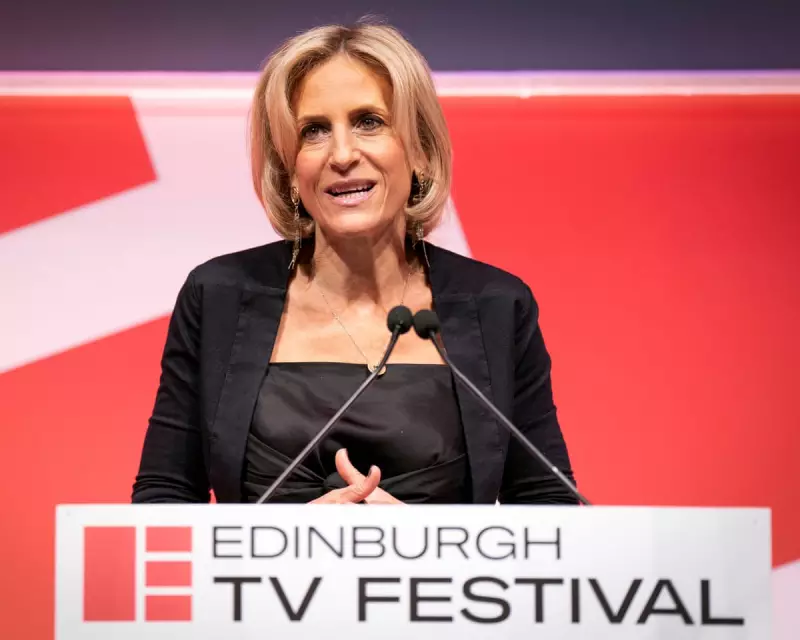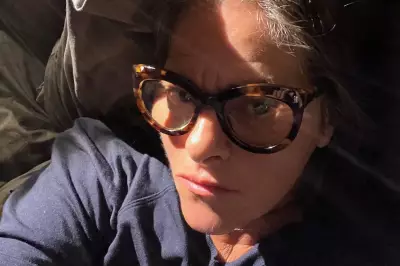
The future of one of British television's most prestigious events hangs in the balance as organisers consider moving the Edinburgh TV Festival from its historic home after nearly five decades.
End of an Era for Broadcasting's Summer Pilgrimage
For almost 50 years, the great and good of British broadcasting have made their annual summer pilgrimage to Edinburgh. The festival has hosted legendary figures including David Attenborough, Tina Fey, Emily Maitlis and Rupert Murdoch, who have all delivered landmark speeches at the event.
Yet this longstanding tradition now faces an unprecedented challenge. Festival organisers are actively exploring alternative UK venues for the 2027 edition, responding to mounting concerns about exclusionary costs and the industry's persistent lack of working-class representation.
The Driving Forces Behind Potential Relocation
The decision forms part of a comprehensive strategic review examining how the festival can better serve delegates and the wider television sector during a period of significant transformation. Campbell Glennie, chief executive of The TV Foundation which owns the festival, emphasised this represents an opportunity to broaden access rather than necessarily abandoning Edinburgh.
Edinburgh's reputation as an expensive destination during peak season has become increasingly problematic. Recent research reveals the city ranks among western Europe's most expensive city breaks, with a Post Office Travel Money study finding visitors paying £399 for two nights in a three-star city centre hotel in June.
The situation becomes particularly acute during August when the TV festival coincides with the Edinburgh Fringe and International Festival. Remarkably, the US government permits its diplomats $674 (£515) per day for Edinburgh accommodations in July and August - the highest allowance granted for any global destination, surpassing even Monaco and the Cayman Islands.
Industry Voices Highlight Deeper Issues
The relocation consideration follows powerful warnings from prominent television figures about representation gaps within the industry. Playwright James Graham, creator of Sherwood and Dear England, used last year's MacTaggart lecture - the festival's flagship event - to highlight the alarming shortage of working-class involvement in television.
Graham argued that working-class identity constitutes a distinct culture comparable to faith or nationality, yet class background remains rarely discussed within the sector. Subsequent research commissioned after his speech revealed nearly a quarter of top UK television executives attended private school, underscoring the scale of the representation challenge.
Beyond diversity concerns, the television industry continues to grapple with financial pressures affecting freelance workers with decades of experience. Rapidly evolving media consumption patterns, streaming-driven price inflation, and declining linear television viewing have collectively transformed programme commissioning practices across the sector.
While Edinburgh remains in contention to host future festivals, organisers stress that any venue must demonstrate how it can reduce delegate costs and broaden participation. London has effectively been ruled out as organisers seek locations that better support their accessibility objectives.






